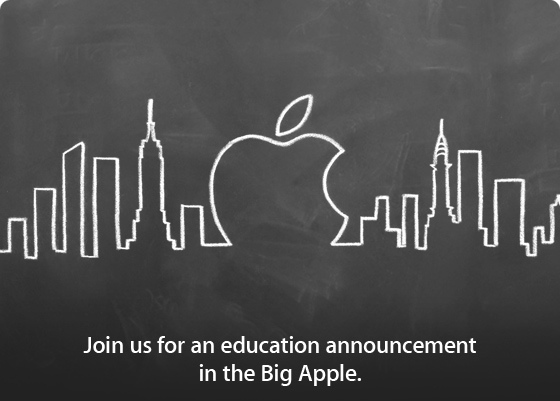Are laptop computers really essential to educating our kids? Fairfax media reports this weekend that the Australian Federal government’s laptops in education scheme is near collapse.
What stands out from the story are the quotes from educators;
Chatswood High School principal Sue Low said her school was providing laptops to students in year 9 but the uncertainty over future plans was unsettling.
“Laptops are now just as much of the culture of education as are pens and paper,” she said. “To not have certainty over how we will administer laptops to our students is very disruptive, and we need that certainty as soon as possible.”
Some schools have come up with their own solution to the problem. One NSW school has made arrangements with a private provider under which parents can buy a laptop for $1341 or rent-to-buy for $90 with monthly payments of about $50.
That computers are important is not a debate, but are we putting to much emphasis on the tools and not enough on what education is trying to achieve?
One educator said a decade ago that they could teach an 80 year old to use a computer in a few hours, but an illiterate 15 year old may be lost for life. This is truer today than it was then.
Computers are flooding our lives with information and the tools to gather that information are intuitive and don’t need 12 years of school to master.
What we are all need are the critical and mathematical skills to filter out the dross and misinformation that floods onto our screens.
Old and young have the belief that if something is on the web, then it must be true. The biggest challenge for parents and teachers with the web is convincing kids that cutting and pasting huge slabs of Wikipedia into an assignment isn’t research.
Not that this is just a problem in the classroom – plenty of politicians, business leaders and time poor journalists have been caught out plagiarising Wikipedia and other websites.
In recent times I’ve been to a lot of ‘future of media’ events where the importance of ‘data journalism’ has been raised. What really sticks out listening to these is how poorly equipped both young and old journalists are to evaluate the data they’ve gathered.
This isn’t just a problem in journalism – almost every occupation needs these skills. We could argue those skills are essential for citizens who want to participate in a modern democracy.
Computers, and coding skills, are important but we risk giving students the skills of today rather than giving them the foundations to adopt the skills of tomorrow.
We also risk making technological choices that risk education departments, schools and kids being locked into one vendor or system.
Giving every child a laptop is not a replacement for them having the critical, literacy and numeracy skills to participate in 21st Century society.

Leave a Reply